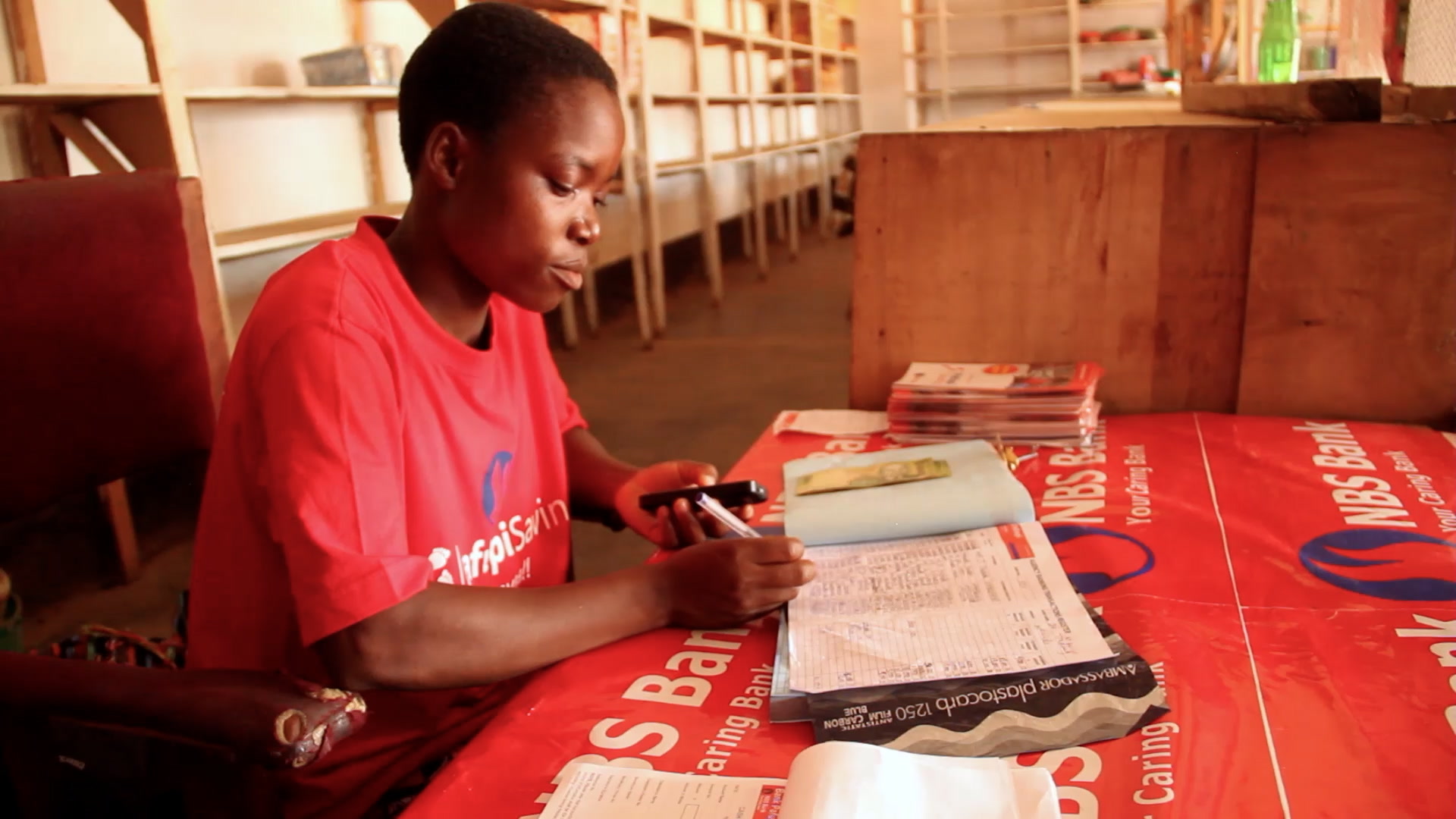These countries think capitalism does more harm than good

Even in strong performing economies, people are losing faith in the system. Image: REUTERS/Kim Kyung-Hoon

Get involved with our crowdsourced digital platform to deliver impact at scale
Stay up to date:
Banking and Capital Markets
- 56% of respondents surveyed by Edelman for its annual Trust Barometer agreed that capitalism "is doing more harm than good in its current form".
- In more than half the markets surveyed, a majority of people said they are pessimistic about their economic prospects over the coming five years.
For the past two decades, "The Edelman Trust Barometer" has polled thousands of people about their trust levels in core institutions and the latest edition of the survey found that there is a distinct feeling of pessimism around the world today. In 15 of the 28 markets surveyed, a majority of people said they are pessimistic about their economic prospects over the coming five years. Despite a strong economy and near full employment, none of the core societal institutions in the survey - government, business, NGOs and the media - were trusted. Notably, the study also found that a majority of respondents are losing faith in the capitalist system.
56 percent of respondents agreed that capitalism "is doing more harm than good in its current form" and there was a majority of dissatisfaction in 22 of the 28 markets in the study. The following infographic highlights the situation in a selection of key countries. India has the highest levels of frustration with capitalism after Thailand and 74 percent of its respondents agree with the above assertion. France had a turbulent 2019 characterized by protests and paralyzing strikes that fueled the population's grievances. Unsurprisingly, Edelman uncovered high levels of frustration with capitalism with 69 percent agreeing it does more harm than good in the world.
Some countries have more faith in the system, especially in North America where less, 47 percent in both the U.S. and Canada, agree with the statement. In Japan, critical feelings about capitalism are even lower at 35 percent. Edelman found that global cynicism about capitalism and concerns regarding the fairness of our current economic system are resulting in deep-rooted fears about the future. 83 percent of people in the markets surveyed are afraid they will lose their job, attributing that fear to several factors such as automation, the fragility of working in the gig economy and the risk of a recession.
Don't miss any update on this topic
Create a free account and access your personalized content collection with our latest publications and analyses.
License and Republishing
World Economic Forum articles may be republished in accordance with the Creative Commons Attribution-NonCommercial-NoDerivatives 4.0 International Public License, and in accordance with our Terms of Use.
The views expressed in this article are those of the author alone and not the World Economic Forum.
Related topics:
The Agenda Weekly
A weekly update of the most important issues driving the global agenda
You can unsubscribe at any time using the link in our emails. For more details, review our privacy policy.
More on Banking and Capital MarketsSee all
Efrem Garlando
April 16, 2024
John Hope Bryant
April 11, 2024
Alexandre Raffoul and Kai Keller
April 10, 2024
Alex Edmans
April 4, 2024
Victoria Masterson
March 28, 2024







